An international audience of sixty participants from lands as diverse as England and Russia joined us online on Thursday, March 17 to experience a memorable lecture. Under the title: „Wie fadendünn und brüchig die geistige Schicht ist" – Paul Kehr und die MGH am Beginn des NS-Regimes („How threadbare and fragile is the intellectual class“ – Paul Kehr and the MGH at the inception of Nazi rule), Dr Karel Hruza und Dr Hedwig Munscheck-von Pölnitz, presented their separate sources and research results in a joint investigation of how the legislation passed by the Hitler government in 1933 affected both the Monumenta as an institution and the lives of the long-term MGH president Paul Kehr and the Jewish scholars at the MGH. The lecturers analysed the official correspondence between the MGH and the state apparatus and Paul Kehr’s private letters and drew on additional contextual sources to shed light on the questions of whether the MGH actually resisted implementing Nazi ordinances and to what extent anti-Semitism was involved. Extensive source citations highlighted the complexity of the developments and underlined the caution required in trying to apply global judgements to concrete historical situations. In conclusion, the lecture presented quite surprising results that call for further research.
The lecture was video-recorded and may be viewed in the coming weeks, along with the preceding lectures in our series on the history of medieval research, on the science portal L.I.S.A hosted by the Gerda-Henkel-Foundation under: https://lisa.gerda-henkel-stiftung.de/mgh
Additionally, an audio-recording of the lecture will be available as of the beginning of April on the MGH homepage at: https://www.mgh.de/de/die-mgh/geschichte-der-mgh/vortraege-und-tondokumente
Dr Karel Hruza, MAS, studied history and political science at the universities of Constance and Vienna and absolved the advanced studies programme at the Institut für Österreichische Geschichtsforschung (Institute of Austrian Historical Research) in Vienna. Besides working as a medieval historian at the Institut für Mittelalterforschung der Österreichischen Akademie der Wissenschaften(Institute for Medieval Studies at the Austrian Academy of Sciences) in Vienna, his research focuses on the history of science in the 20th century. Dr Hruza is the editor of the study: „Österreichische Historiker. Lebensläufe und Karrieren 1900–1945“ (Austrian Historians. Lives and Careers 1900-1945), published in three volumes 2008-2019.
Dr Hedwig Munscheck-Freifrau von Pölnitz studied medieval and modern history, art history, and historische Hilfswissenschaften at the universities of Passau and Bonn. As a historian she researches the biographies of her great grandfather, Paul Kehr, and his father, the pedagogue Karl Kehr (1830-1885). For the MGH, she is currently editing the autobiographical notebook entitled „Liber Vitae Pauli Fridolini Kehr“ preserved in Paul Kehr’s private estate in the Geheimes Staatsarchiv Preußischer Kulturbesitz in Berlin.


